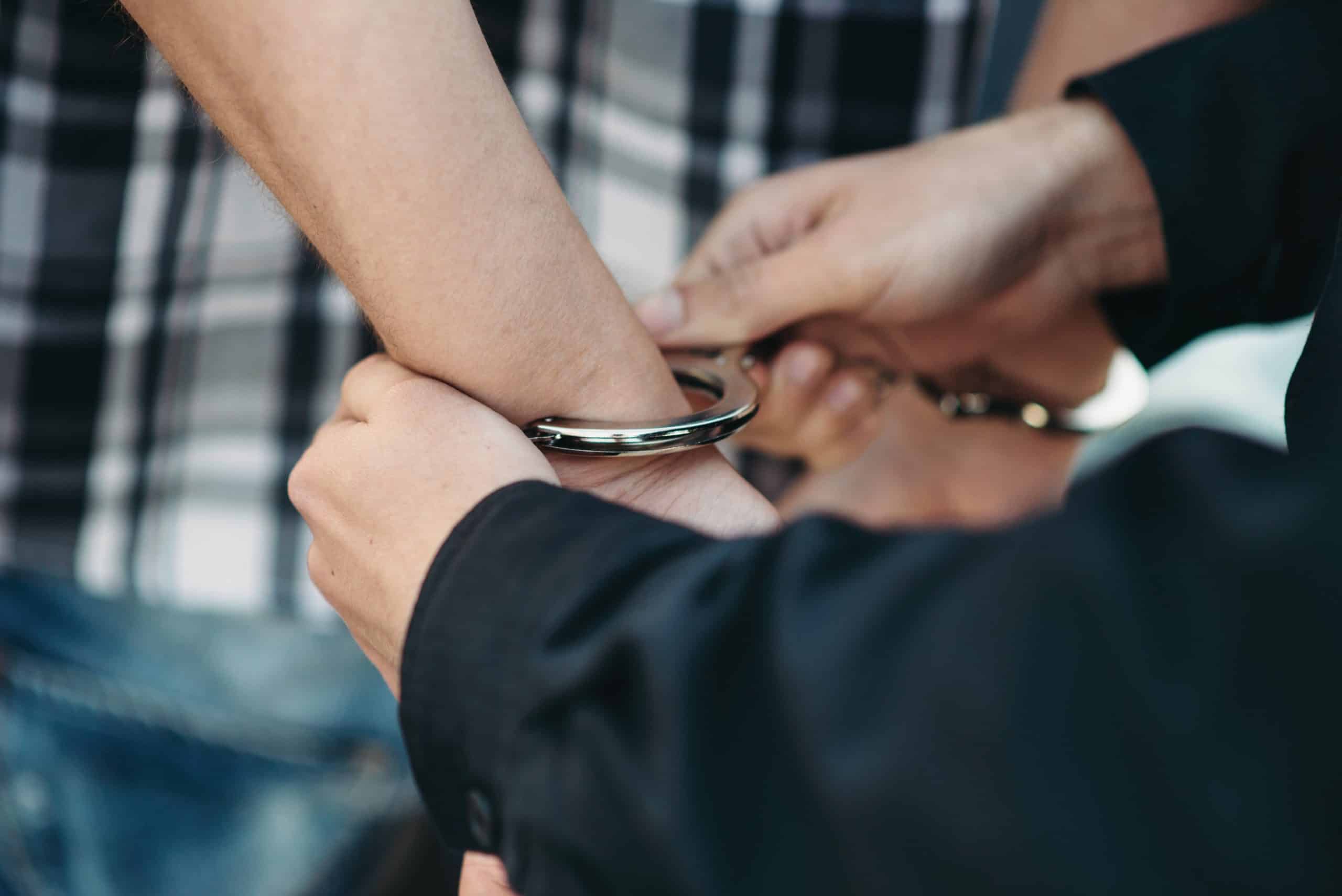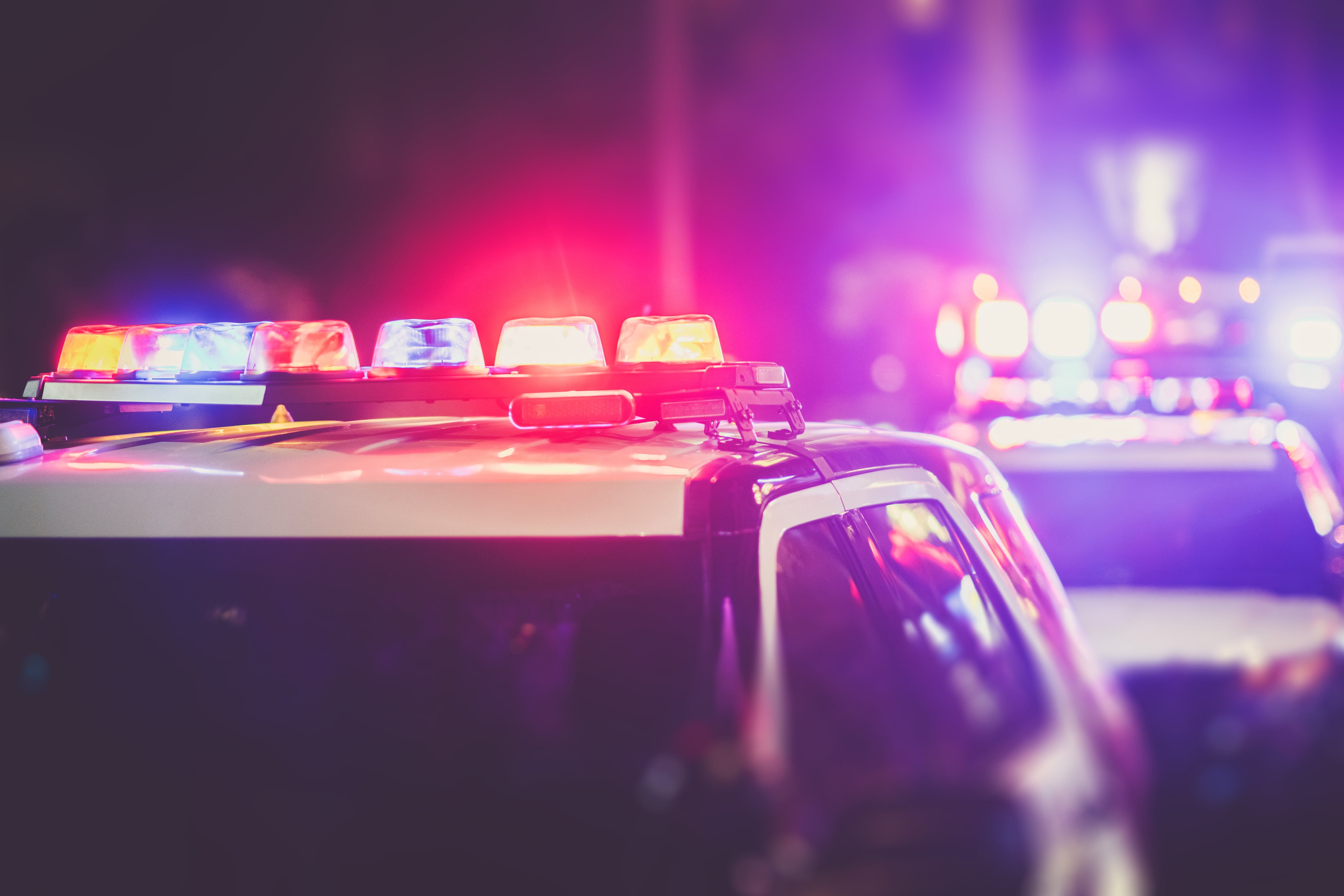What you need to know about your license after a DUI arrest -Guest Post

You are facing hefty charges if you are arrested for DUI. Depending on the particulars of your case, they may include fines, community service, or even jail time. The key is anticipating unforeseen circumstances and ensuring you receive the greatest result. To know what you need to do in these circumstances, continue reading:
1. Prevent further DUI arrest
After being found guilty of operating a vehicle while intoxicated, you will temporarily lose your driving privileges; even a first conviction results in a license suspension. Following the suspension of your regular license, you can be eligible for a restricted license.
This may rely on your past DUI conviction rate, how recent they were—specifically, if they occurred within the last 10 years—and your competence to satisfy all requirements for a limited license. The suspension, in this case, is temporary and offers ways to get back some driving rights, letting you continue with key obligations like work, school, or childcare.
2. Work on your defence alternatives
Losing your license can be difficult, especially if you must drive for school, work, or family responsibilities. Working on your defence alternatives as soon as possible after a DUI arrest can be advantageous because they may give you a method to face the allegations against you and perhaps lessen some potential penalties you could be subject to.
The consequences of a DUI and all of its consequences might be overwhelming. You have the right to seek assistance, put up a defence, or even contest the prosecution’s evidence against you, all to defend your right to drive.
3. Listen to your attorney.
You must pay close attention to the legal counsel your Minnesota DUI Attorney offers you, regardless of whether you choose to retain a private attorney or are given the Minnesota Criminal Public Defense Lawyer. According to ethical rules, your lawyer owes you a duty of loyalty. Your lawyer has a duty to represent your interests solely. Therefore, it is crucial that you have faith in your lawyer. You must be confident in an attorney’s ability to act in your best interests before hiring them.
4. Request a DMV hearing
Your driver’s license has been suspended due to your DUI conviction, and you want to fight it at an administrative hearing. You only have 10 days from the date of your arrest to request the hearing, so it’s critical to do it as soon as possible. Additionally, it’s essential to remember that the DMV hearing is distinct from any criminal court proceedings.
5. Locate a Bail Bondsman
To get a trustworthy bondsman, you should contact your neighbourhood police department. Someone with experience assisting those with a Minnesota Criminal Defense should be sought out.
Once you’ve located a bondsman, you may set up a bond by giving them all your pertinent information. It’s critical to comprehend how much cash is required before the bond can be placed.
6. Take the chemical test after the arrest.
You must submit to the chemical test following your arrest if you are detained for DUI. Chemical evidence obtained from the test may be used against you in court. This entails consenting to a blood test-based breathalyser test.
Refusing to submit to the chemical test can be used against you in court and could result in further punishment. If you refuse the exam, your driver’s license could be suspended immediately. It is best to follow the rules set forth by the authorities and take the test because failing to do so could result in severe consequences.
7. Follow the court
After being presented in court, there might be a few things that you need to do for a clean pass. Pay all appropriate payments, including court, reinstatement, and bail expenses. Complete the entire license suspension period. Comply with all court requirements, which include attending DUI traffic school.
Conclusion
Make sure to follow the majority of the recommendations in this article if you have been charged with DUI. Take advantage of your right to silence, hire an expert attorney, and heed any written directions from the court. Most importantly, practice moderation and prudence when drinking to lower your risk of a DUI. Get in touch with a local attorney or DUI Defence Lawyer in MN and prepare your defence plan immediately.


